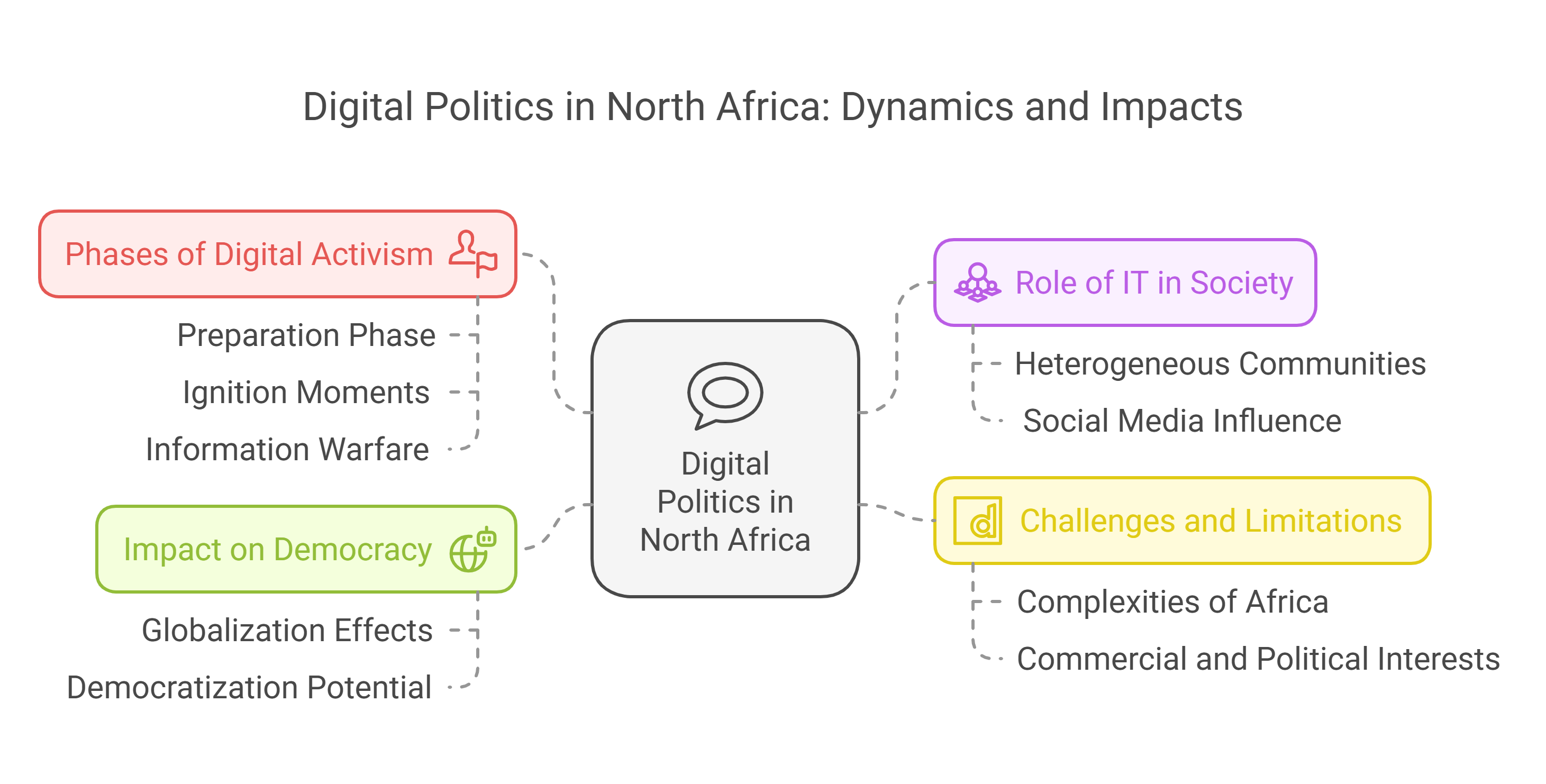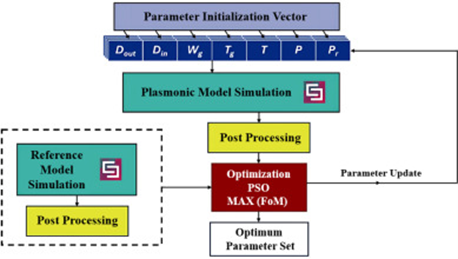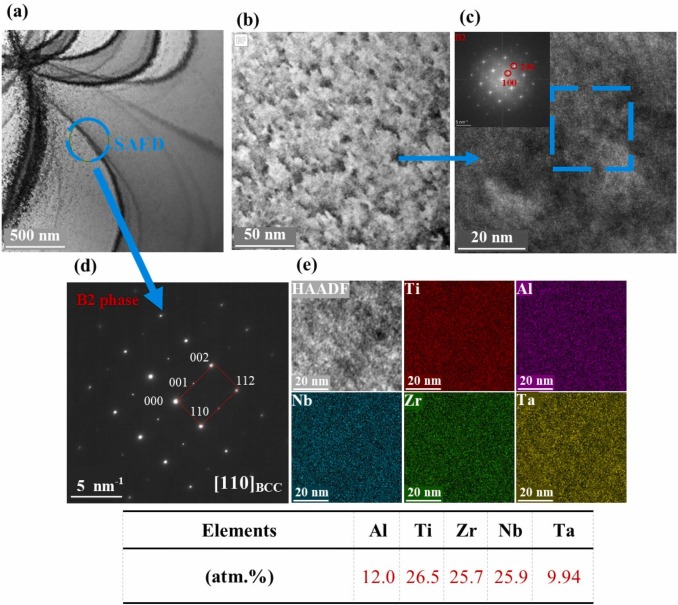

Digital politics in north Africa: Possibilities to reverse subversion
North Africa is marked with an unmatched phenomena of increase in IT (Adeiza, 2013), though IT users are not homogenous groups, but rather heterogeneous communities with diverse interests and motivations. As explained by the Swiss Agency for Development and Cooperation (SDC) that technology itself cannot solely make a difference in the practice of the sociopolitical and economic progress, but rather the other way around where indicators of development behind the technology drives the change. IT is thus an instrument, not a goal (Sarrazin, 2011). The synergy between politics and IT is exemplified through many hybrid formations and phases since its initial preparation phase, where activists used digital media over several years to build social networks and identified collective identities. The second launching phase is marked with unprecedented ignition moments, where movement leaders activated these digital networks toward offline protests. And thirdly, profound channeling and programming of information warfare are in place to compete for control, as well as enhance international pressure, economic sanctions, and lobbying efforts (MacKinnon, 2012). But there are a number of concerns and limitations to what we know, expect and do with IT and digital democratization which coincides with the words of Schraeder (2003), when he described Africa’s diversities and complexities as “mosaic in transformation.” Such complex and inconclusive crossing roads are further interoperated to serve commercial and political interests in what is called the “Rashmon Effects” (Davenport, 2010). This makes it rational to mention that the level of legitimacy in using power and establishing identity is the main prevailing trend in Africa, which exploits the social function of media as a driving force for national ideology (Movius, 2010). Social power in many African societies construct meanings in the human mind through communication that utilizes internet and other horizontal digital communication networks (Castelle, 2011). This research puts forward a key question: “Will the new technologies that have sustained globalization reinforce or undermine democracy?" The aim is to offer a more nuanced approach of deductive forms of investigation about the potential role and impact of digital politics. This difficult path though must be considered by cross examining how politics, digital infrastructure adoption function and affect could contribute to democratization within the African context (Hussain, 2014). © 2017 by Nova Science Publishers, Inc. All rights reserved.



